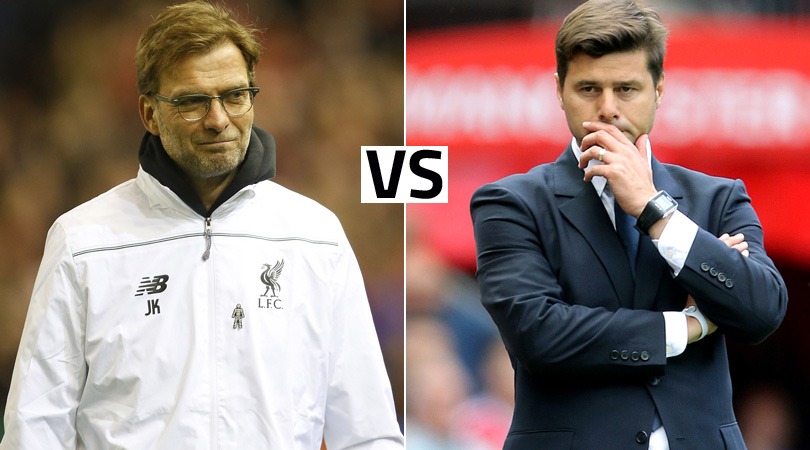Title or no title, what actually comes next for Tottenham Hotspur?
Some Spurs supporters may want their team to splash the cash this summer, but Seb Stafford-Bloor argues they'd be better served focusing attentions elsewhere...
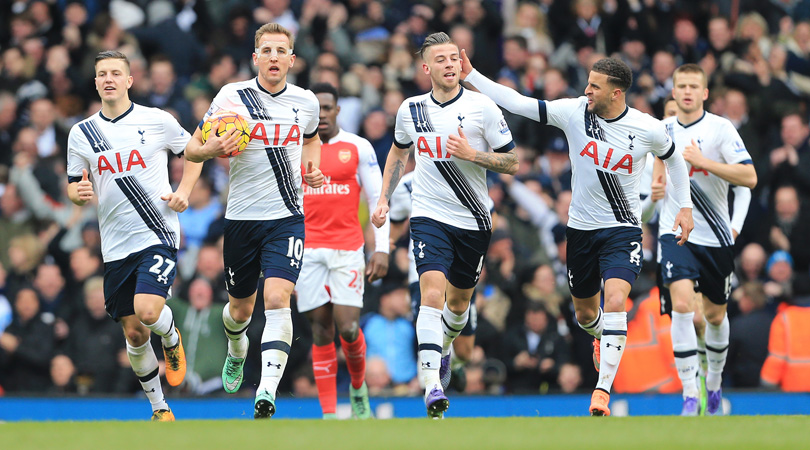
There's a retaliation in progress.
While the watching world has been enjoying Leicester's surge to the top of the Premier League, and busy acclaiming the arrival of a newly competitive era, the jilted elite are working to ensure that it never happens again. Millions will be spent over the summer and, in spite of the decadent new broadcasting contract, the majority of those cheques will be issued from Stamford Bridge, the Etihad Stadium and Old Trafford.
The established order has been inconvenienced rather than permanently interrupted. Armies of world-class footballers, marching under dollar-sign banners, will soon file into those dressing rooms again and, in all likelihood, 2015/16 will prove to have been nothing other than a fascinating anomaly.
For Leicester and Tottenham, this year's Cinderellas, there will be temptation on the horizon. In an attempt to guard everything they've achieved in the last 12 months, their impulse will be to channel the new television revenue – and forthcoming Champions League bounty – straight back into their first-team squads.
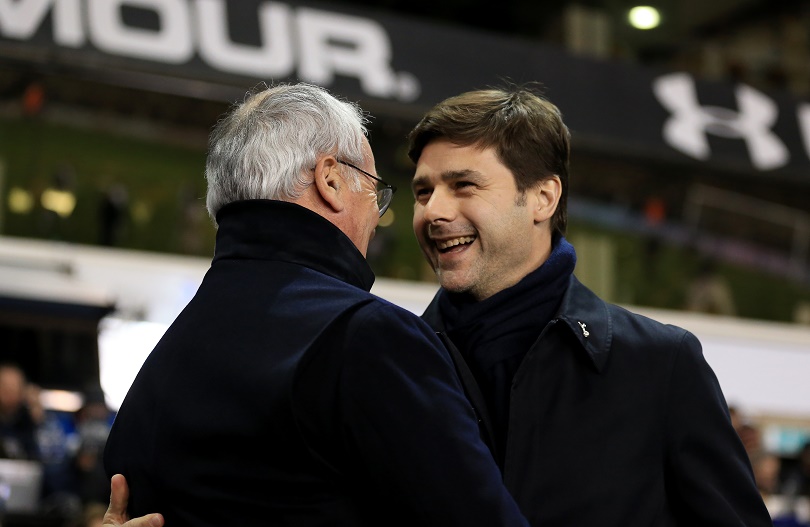
Risk not reward
Spurs have been successful this year because of their refusal to compete with those who can outspend them; instead of using the transfer market to rappel up the cliff-face, they've prioritised longer-term qualities
Of the two, though, perhaps Spurs would be risking more by doing so. Claudio Ranieri is a well-travelled manager with experience of coaching stars and egos and, although more likely that the club will prioritise their valuable harmony, Leicester – with their already-built stadium and ambitious owners – wouldn't necessarily be at risk were they to chase the dream.
Tottenham, however, might be. Their current evolution has depended on a change in attitude and an infrastructural remodelling predicated around the principles of organic growth: Paul Mitchell, the club's Head of Recruitment, was appointed to source value from an inflated transfer market; the club's state-of-the-art training facility was built to harvest a potent academy; and Mauricio Pochettino was chosen as manager because of his training-ground nous and ability to extract the maximum from a squad.
Get FourFourTwo Newsletter
The best features, fun and footballing quizzes, straight to your inbox every week.
Spurs have been successful this year because of their refusal to compete with those who can outspend them; instead of using the transfer market to rappel up the cliff face, they've prioritised longer-term qualities and have turned a talented team into a title-contending one by garnishing it with intangible values.
Pochettino may have enviable ability at every position in his first XI, but then so has almost every Tottenham manager over the last decade. The Argentine's squad is superficially less impressive than the one built by Harry Redknapp and has been assembled at less cost than the one coached by Andre Villas-Boas, but what it lacks in literal power it makes up for with more subtle qualities.
It's dexterous, emotionally resilient and harmonious; archaic attributes perhaps, but ones which have now returned to relevance.
Sensible recruitment
Last summer, then, demonstrated that lessons had been learned from mistakes of the past
At the end of last summer, Daniel Levy incurred the wrath of the club's fanbase: the transfer period had come to a close and the squad was still without a recognised back-up forward. It was presented as a failure and almost as an act of negligence: what had been the point of reshaping the club's recruiting department if the first team was still allowed to enter a season understocked?
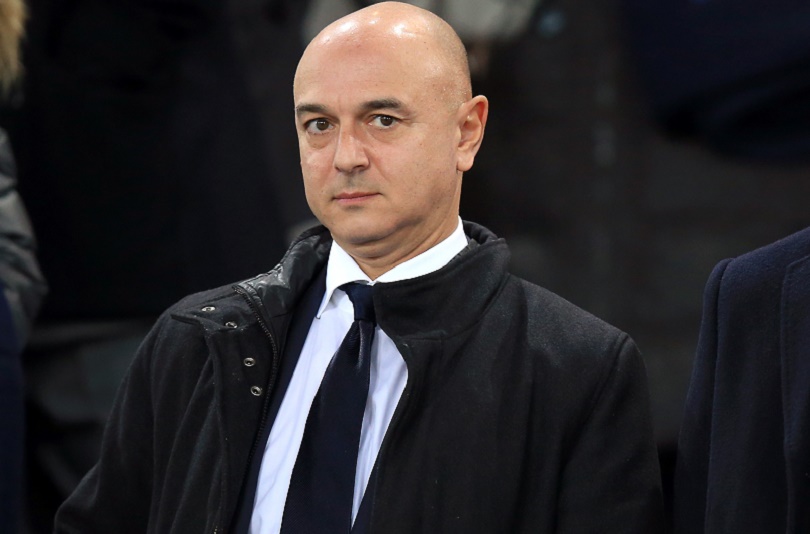
That was, however, evidence of a new approach.
In the past, Spurs' answer to a shortage was always the same: fill the space with a body. If the right player wasn't available, then someone similar and cheaper would do. It was an appeasing but short-term approach – the kind that satisfied anxious fans but ultimately helped to create pockets of disharmony within the playing staff and only really served to drain the wage bill.
It created the problem that Tottenham have spent the last 18 months trying to solve: white elephant players have had to be sold at a loss and the poisoned water running through the squad has had to be methodically neutralised.
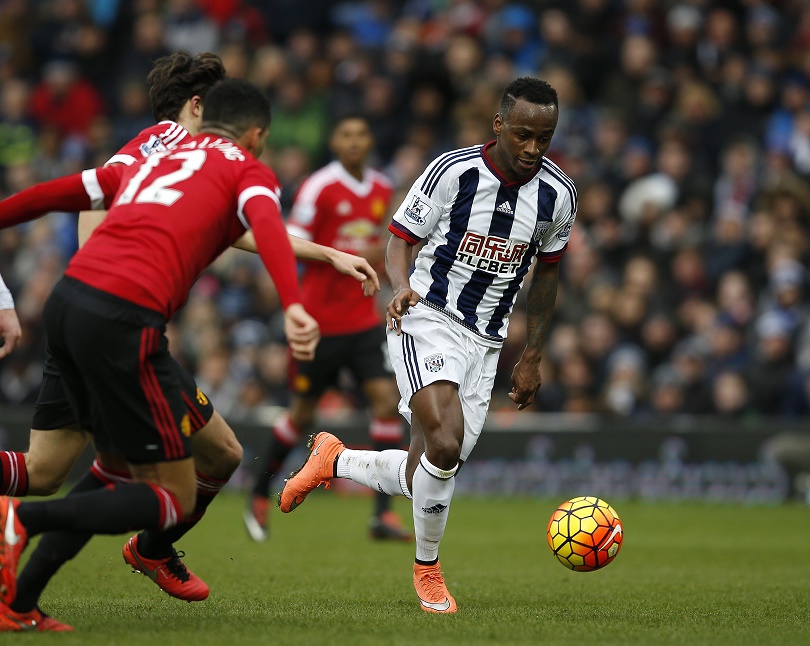
Last summer, then, demonstrated that lessons had been learned from mistakes of the past. It was the moment when Tottenham became a picky buyer and realised what they were in possession of was worth protecting, an approach that – perhaps to the supporters' frustration – will be employed for the foreseeable future.
Respect Poch's principles
As a manager, the Argentine seems to work best with a malleable sort of player - one who's impressionable and willing to tailor his game to suit an altered purpose
It's potentially a problem because it's at odds with the expected response to a good season. When a team achieves something – a trophy or Champions League qualification – the demand is always for further ambition. Specific to Tottenham, that might manifest itself in calls for Nacer Chadli to be replaced by a £30 million signing, or Tom Carroll's place in the squad to be taken by a seasoned international who's well known across the world.
There's some merit to that argument and, in addition to the forward requirement they already have, there are areas in which Tottenham could strengthen. However, the club now exists in a world in which the better player isn't necessarily the right one; if this season is to be a waypoint to a consistently brighter future, the principles that have allowed Pochettino to succeed must be respected.
As a manager, the Argentine seems to work best with a malleable sort of player – one who's impressionable and willing to tailor his game to suit an altered purpose. There are examples of mature players who meet that criteria – Toby Alderweireld being a particularly pertinent example – but more commonly those are personality traits found in the young and unproven.

Alderweireld scores against Man City
Pochettino needs soft clay, not that which has been kiln-fired and glazed. It's telling, for instance, that the only mature players who survive from the previous managements are those who have been willing to accept a new way of doing things.
Erik Lamela has shown a lot of humility in becoming a security-first player, while Christian Eriksen has re-learned how to play without the ball and Mousa Dembele has been entirely reconstructed. None of those players are grizzled veterans, but all of them had enough of a reputation to potentially be resistant to change.
The modern professional's reflex when criticised or left out is to sulk and find a new home where he's accepted for what he is. Conversely, the players who currently represent Tottenham are those willing to bend around their manager and occupy a week-to-week role.
Keeping the faith
The difficulty, however, is that it can be hard to find that kind of player. Not only does a developed professional carry great cost, but also typically a substantial ego which could potentially threaten the existing group's cohesion.
The atmosphere at Hotspur Way mustn't be diluted by that kind of short-termism. The 18-month detoxification cannot, regardless of how this season ends, be risked for the sake of matching wealthier clubs' transfer activity stride for stride. Whether the year ends with an open-topped bus parade, a near miss or just an admirable placing, the conditions in which Pochettino has excelled must be preserved.
That might make for a galling summer for Tottenham fans, and it might be frustrating for them to watch wealthier sides negate their progress by throwing money at household names, but they should feel great comfort from the logic which now flows through their club.
Pochettino is the right manager, working with the right players, being supported by the right recruitment mentality; the retention of that balance is more important than any marquee signing and it will take Tottenham further than any single player.
Seb Stafford-Bloor is a football writer at Tifo Football and member of the Football Writers' Association. He was formerly a regularly columnist for the FourFourTwo website, covering all aspects of the game, including tactical analysis, reaction pieces, longer-term trends and critiquing the increasingly shady business of football's financial side and authorities' decision-making.
